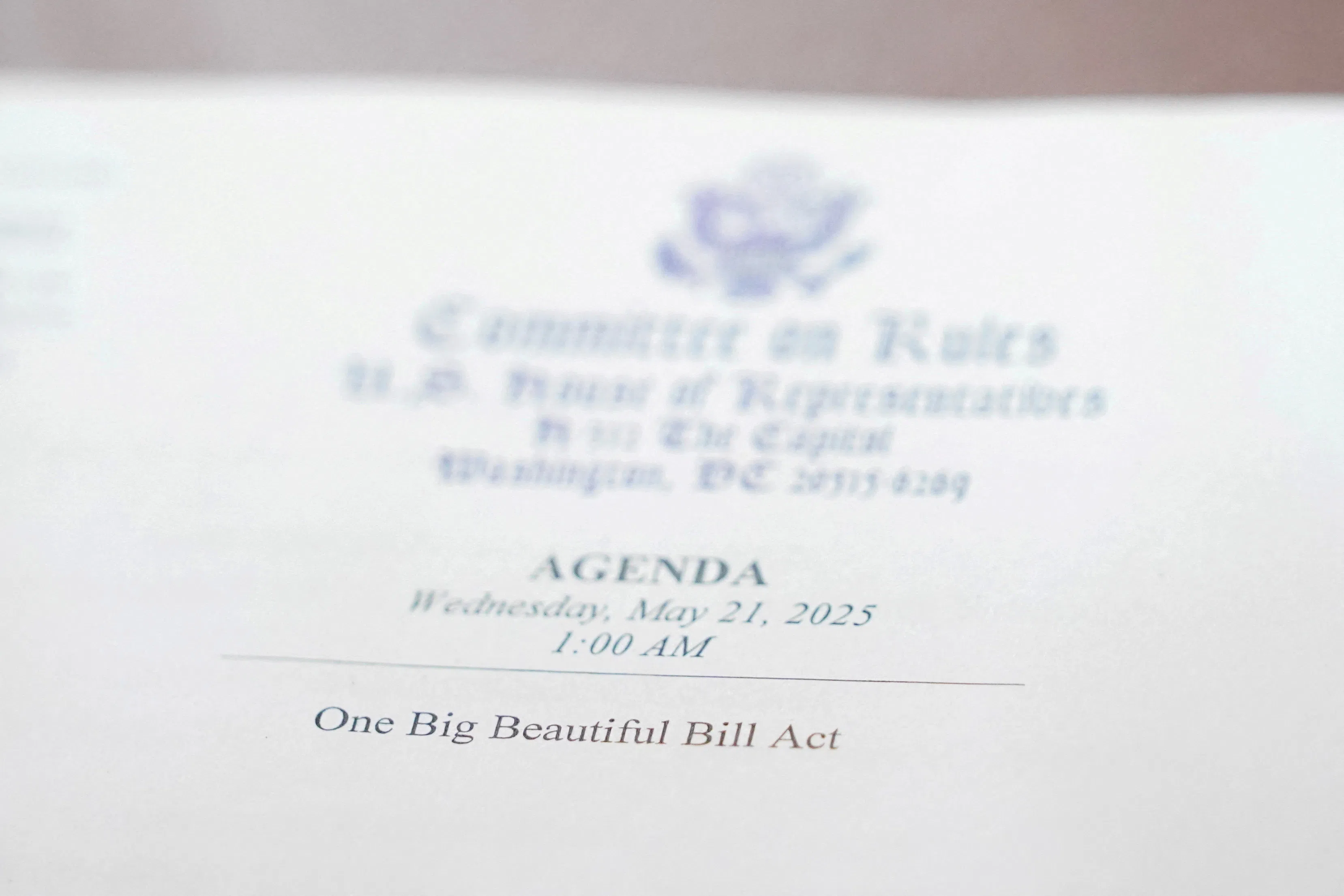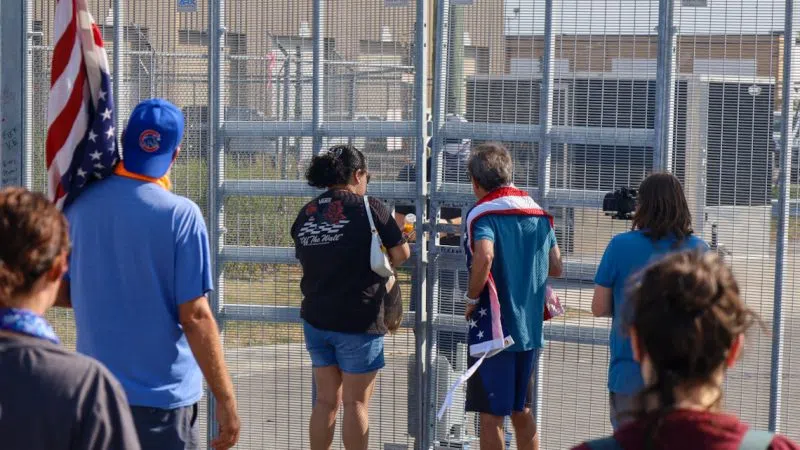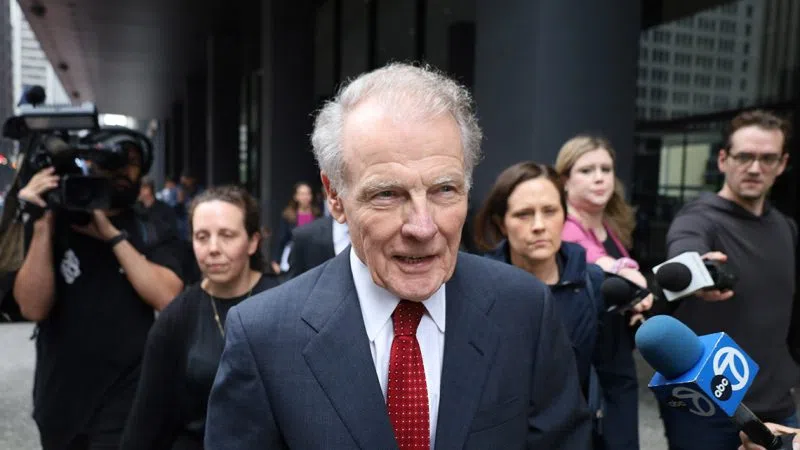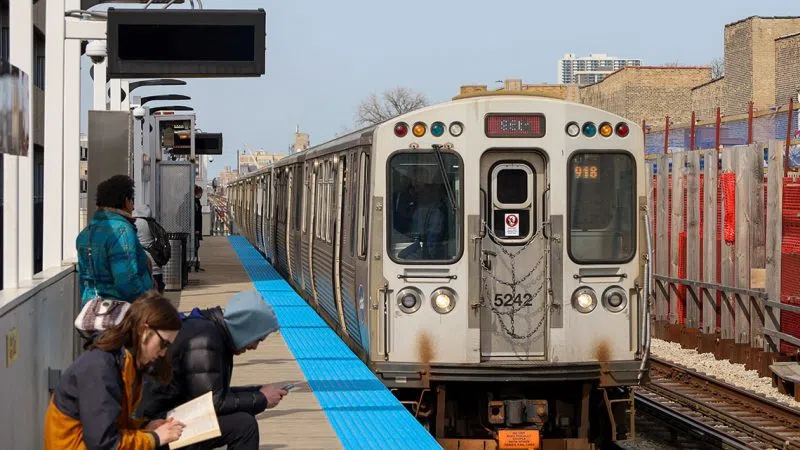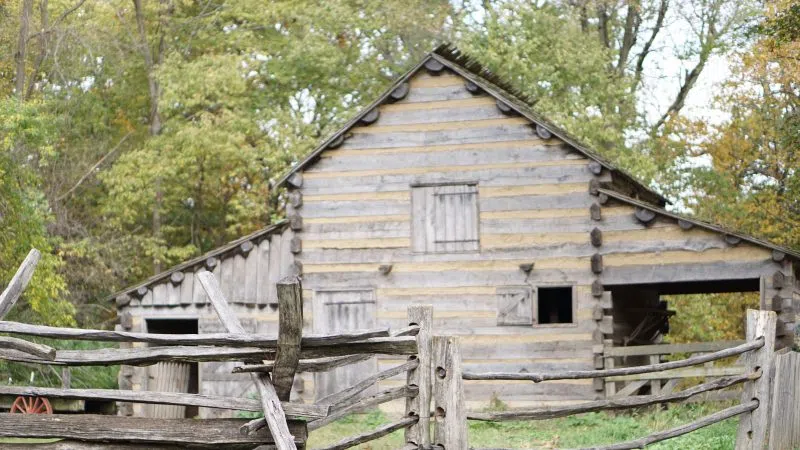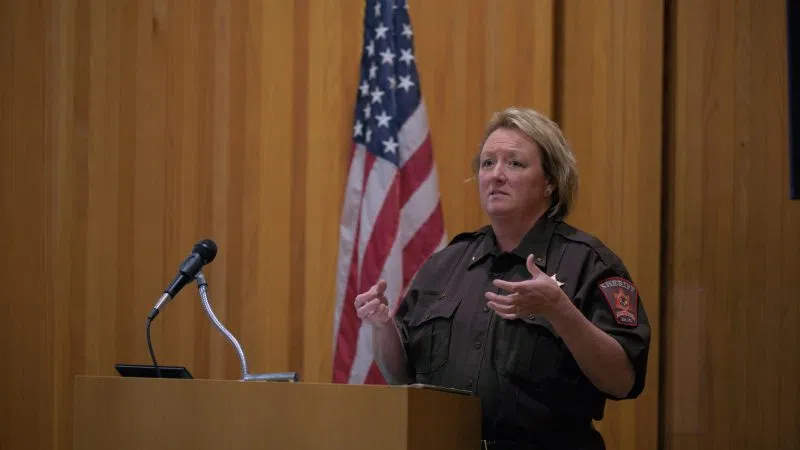Illinois Attorney General Kwame Raoul has joined a coalition of 22 attorneys general in filing an amicus brief supporting two lawsuits brought by National Public Radio (NPR) and the Public Broadcasting Service (PBS), seeking to block an executive order defunding them and threatening the continued operation of their local affiliates.
Joining Raoul in filing the brief are the attorneys general of Arizona, California, Colorado, Connecticut, Delaware, District of Columbia, Hawaii, Maine, Maryland, Michigan, Minnesota, Nevada, New Jersey, New Mexico, New York, North Carolina, Oregon, Rhode Island, Vermont, Washington and Wisconsin.
In their brief, filed concurrently today in both lawsuits in the U.S. District Court for the District of Columbia, Raoul and the coalition of attorneys general argue that public broadcast stations serve a critical role in delivering information to the public and the proposed cuts would gravely harm Americans. The coalition highlights how the funding cuts would create risks to public safety and erode trust by threatening coverage of local news, creating disruptions to the distribution of emergency notifications, reducing critical educational services and limiting public media’s unique reach to rural and tribal audiences.
“The president’s illegal attempt to cut off federal funding to public broadcasting stations would eliminate high-quality educational programs for children, lifesaving emergency alerts in times of severe weather and other public safety events, and an essential source of news and information for rural residents,” Raoul said. “I will continue to stand with fellow attorneys general against the president’s unlawful actions that threaten the separation of powers as well as the rule of law.”
On May 1, President Trump signed an executive order directing the board of the Corporation for Public Broadcasting and executive branch agencies to end federal funding for NPR and PBS and strip federal funding from local radio and television stations that continue to partner with NPR and PBS. On May 27, NPR and three Colorado public radio stations – Colorado Public Radio, Aspen Public Radio and tribal-serving KSUT in southwestern Colorado – sued to block the proposed cuts. PBS and a Minnesota-based affiliate filed a separate lawsuit on May 30.
Many states, including Illinois, rely on public broadcast stations to serve as primary or secondary stations to deliver Emergency Alert System (EAS) messages to the public during emergencies. Additionally, other infrastructure provided by NPR and PBS serve as important backups for emergency notifications in the event of electrical or internet outages. The brief highlights NPR Illinois’ essential coverage during the 2023 derecho event in Springfield, Illinois as well as WSIU’s maintenance of an earthquake-resistant broadcasting tower in an area prone to seismic activity.
Other emergency notifications disseminated via public media include Amber Alerts for abducted children, Blue Alerts for notifying the public of suspects who have killed or seriously injured law enforcement officers, Silver Alerts used when older people or people with developmental disabilities go missing and Missing Indigenous Person Alerts that are critical for tribal communities.
The brief also outlines how public broadcasters serve important educational roles and the disproportionate threats to rural and tribal areas posed by the cuts, citing that “Each of the [states] contain rural population areas that support economic and cultural contributions far bigger than their population density alone might indicate.”
Unfortunately, the lawsuits may prove to be for naught: part of the federal budget proposal which has slowly coalesced over the the last several weeks into the “One Big Beautiful Bill” Act is a legal claw-back of federal public media funds which would render the court action by NPR and PBS moot. The cut crawled out of the Republican-dominated House by a party-line vote of 214-212.
In exchange for removing critical federally funded services such as weather alerts, emergency service broadcasts, and dedicated local programming, to say nothing of other massive cuts being pushed through the House, the One Big Beautiful Bill will add $2 trillion to the national debt.
